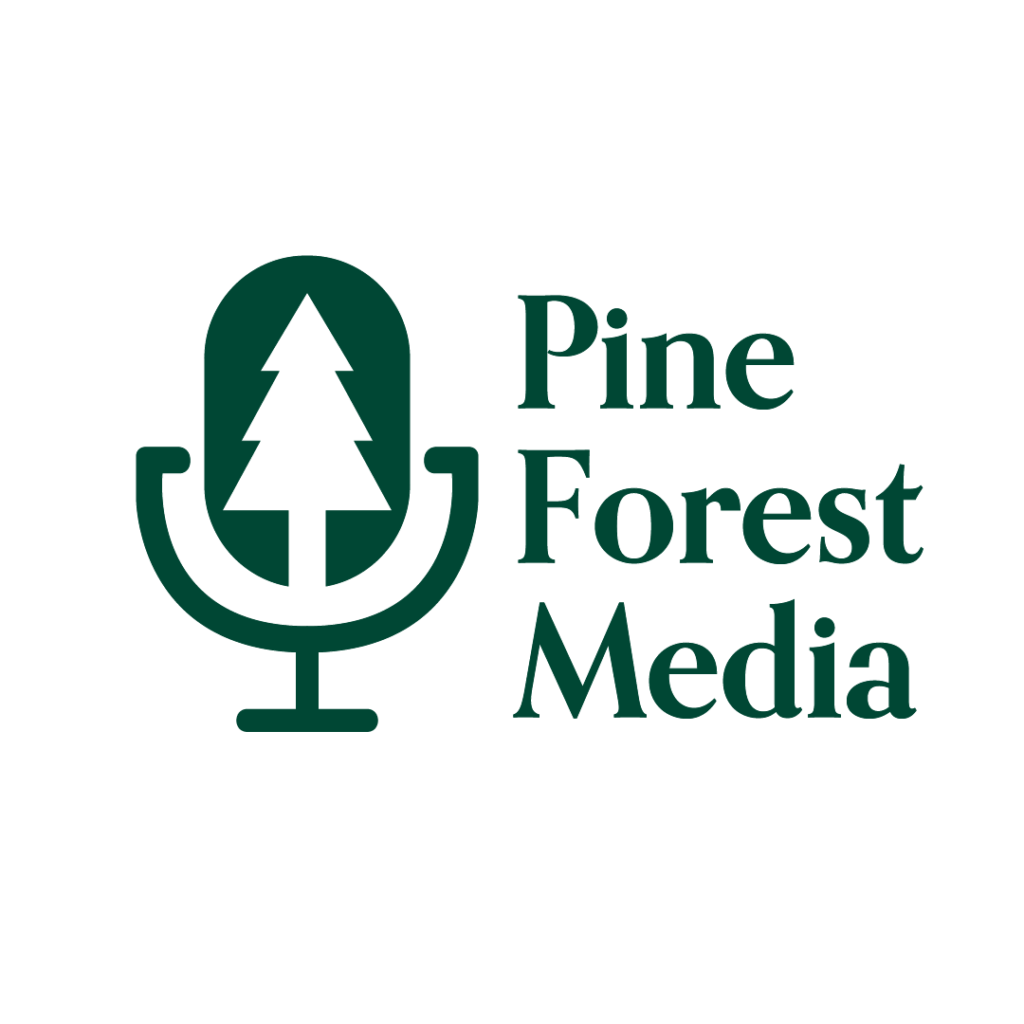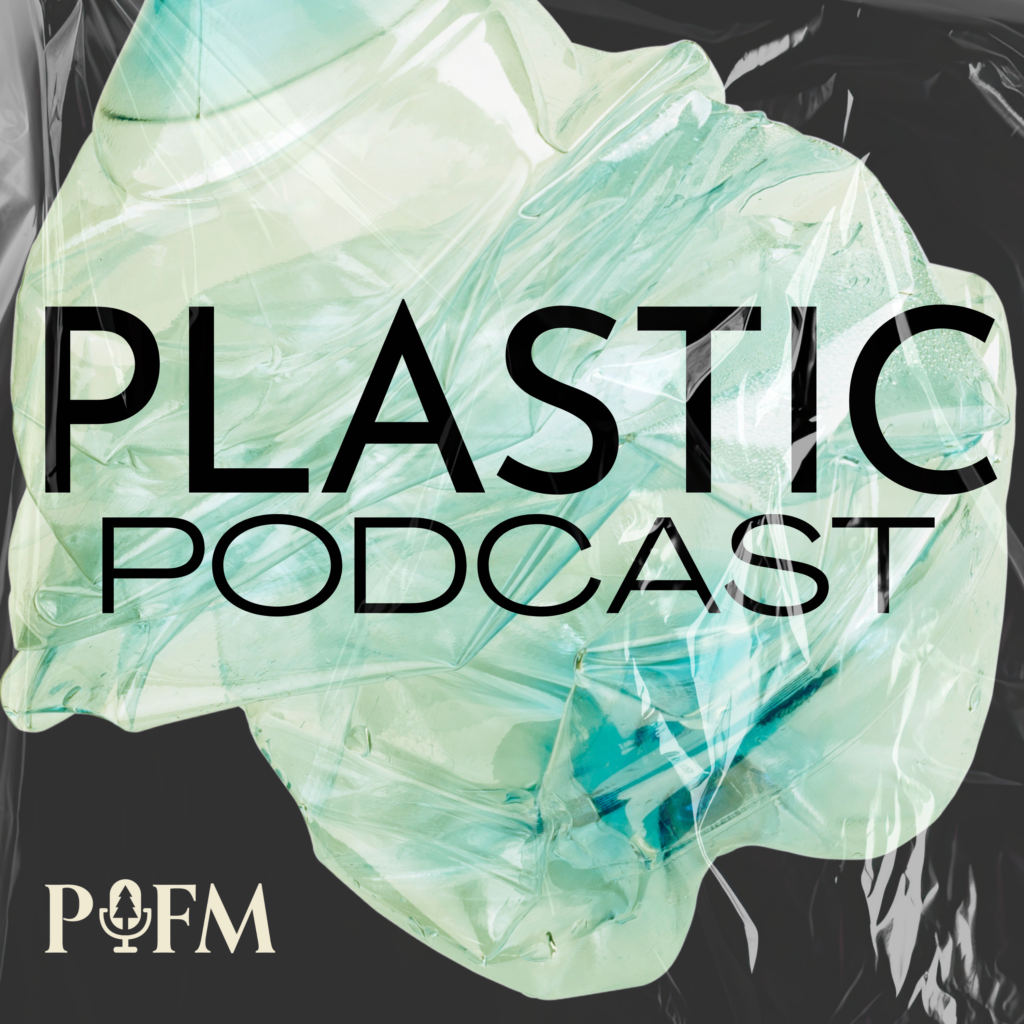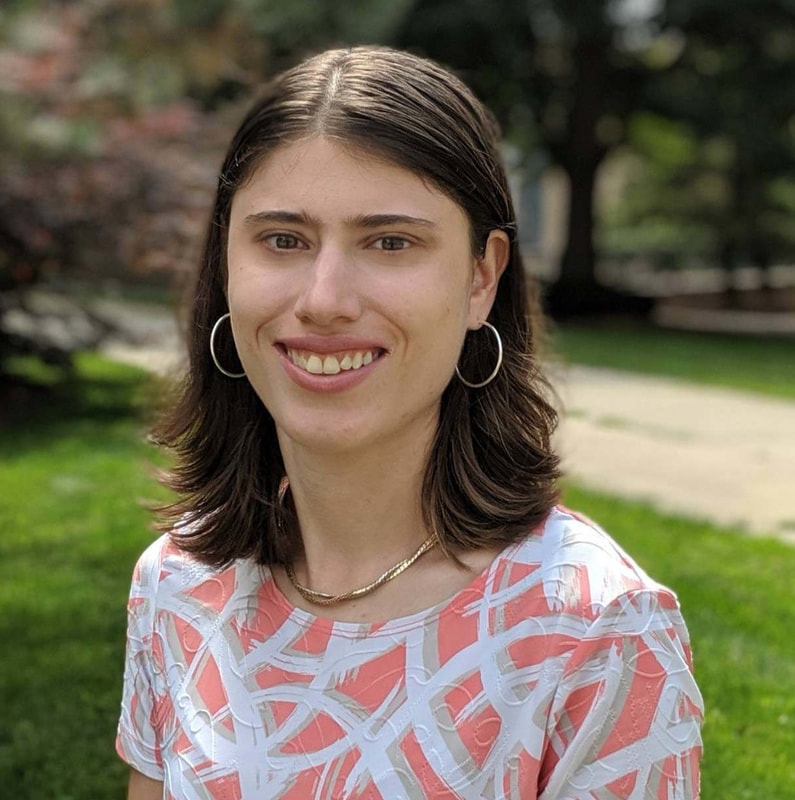
Over 500 million people around the world are listening to podcasts. Figures from Backlinko show that 40 million of those started listening in the last calendar year. The world of podcasting is rapidly expanding and represents an extremely powerful sector of digital communications. While we have some amazing examples of science podcasts: Ologies, Science Vs., and Hidden Brain, science is only the 14th most popular podcast genre and remains underrepresented in the landscape. In an era where scientific literacy is more important than ever and we just missed our 1.5° climate target, we cannot allow this to remain the case.
As a science podcaster, I’ve interviewed scientists who used the microphone I’ve given them to call attention to struggles faced by women in the scientific field, challenges for early career scientists, and the need for increased partnerships between science and public engagement.
Let’s talk about some reasons why science communication and podcasting are a match made in heaven.
If we think to the listener, attention spans are getting shorter and shorter. According to a study by Chartbeat show that most people quit reading an article within 15 seconds. Over 55% of the people who read the first word of this article are done by now. In tandem with our shrinking attention, multitasking is also on the rise. Perhaps a lot of those reading this stare at their phone while they watch TV. Data shows us that people listen to podcasts while they get ready for work, while they do the dishes, while they’re at the gym. The audio medium allows people to consume information throughout their day in more ways and at more times than other mediums like video, social media, or even blog posts like this. Another great thing is that the vast majority of podcasts are not protected by a paywall.
In summation, podcasting allows science communicators to get information into a whole lot of ears in a way that is accessible and more likely to be consumed.
If we think to the scientist, engaging the podcast space has many advantages. Scientists are very busy people who already have a set of very specific technical skills. The ability to communicate their research to their colleagues and the ability to communicate it to the larger public are two separate skills.When partnering with a podcaster or a science journalist who uses the medium, the overburdened scientist can off load the tasks of science translation to someone who has that niche skill set.
Podcasting also creates opportunities for scientists to attain broad-based exposure of their work and to reach audiences they would not have otherwise interacted with. Some podcasts are set up in a way that even allows listeners to ask the scientist questions directly.
Podcasting also provides a unique and less restrictive space for science communication. Scientific articles are limited by wordcount and the need for concision. Most news reports of scientific findings focus primarily on results. A podcast interview allows the scientists to freely discuss the motivations behind their research. They can discuss their thought processes and methodology which in turn gives listeners an increased appreciation for the scientific method. Hearing the actual voice of the researcher humanizes the scientists, the struggles they face, and the accomplishments we can all celebrate. They can discuss their own positionality within the topic at hand or the scientific community more broadly.
The space that podcasting creates for free flowing discussion also allows for science storytelling. I like to call this a science and approach. You can use the long-form medium to explain the connections between science and everyday life. You can unite science and history, science and art, science and the choices we make every day. You can also use it to discuss sweeping challenges within society. For science is a stand alone discipline. Science intersects and informs government actions, economic trends, and crucial policy decisions.

Let me give you an example: Plastic pollution. It’s a pretty big issue, so big in fact, it’s the theme for Earth Day 2024. Over the course of the last year there have been ongoing negotiations at the United Nations for a binding treaty to address plastic pollution. Six months ago I founded Pine Forest Media which is a science podcasting company dedicated to exploring the intersections of science and society. In March we launched Plastic Podcast. This podcast, which now has a listenership across 45 countries, features scientists from around the world that make science to inform these UN negotiations. On the show we discuss emerging research about plastic being found in every corner of our planet, we discuss what we do and do not know about the thousands of plastic chemicals we consume every day and how they may impact our health. We discuss the social justice implications of plastic proliferation, our cultural relationship with the material, and how we can feel empowered to move forward in addressing our plastic problems.
Podcasting bridges the gap between the gated scientific community and the general public by gently offering accessible information into the pockets, headphones, and car radios of curious minds.
At Pine Forest Media our mission is to bring science to the internet through accessible, creative, and critical podcast journalism, making complex topics approachable for a broad audience. We also aim to correct the underrepresentation of science podcasting in the audio industry, and we invite all of you to join us in this effort. Plastic Podcast as well as our other shows can be found wherever you stream. More information can be found about Pine Forest Media on our website and please feel free to get in touch with us there to discuss how science podcasting can be a next step for you.



Leave a Reply